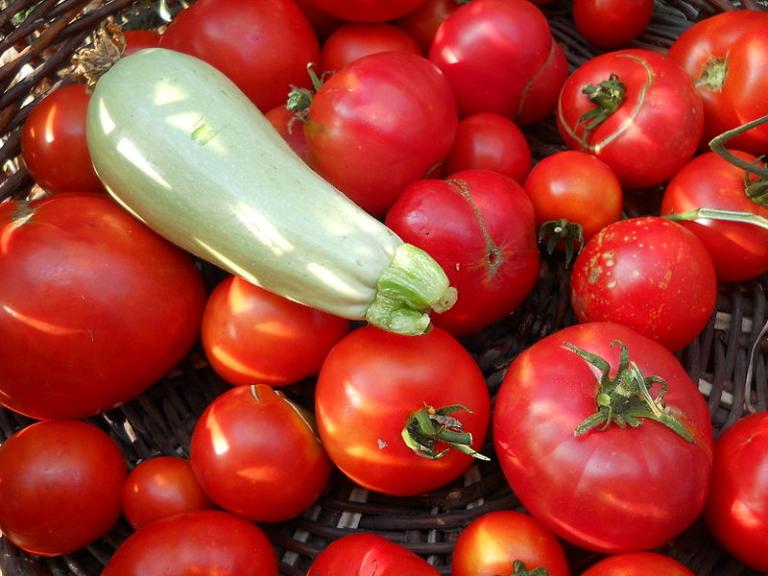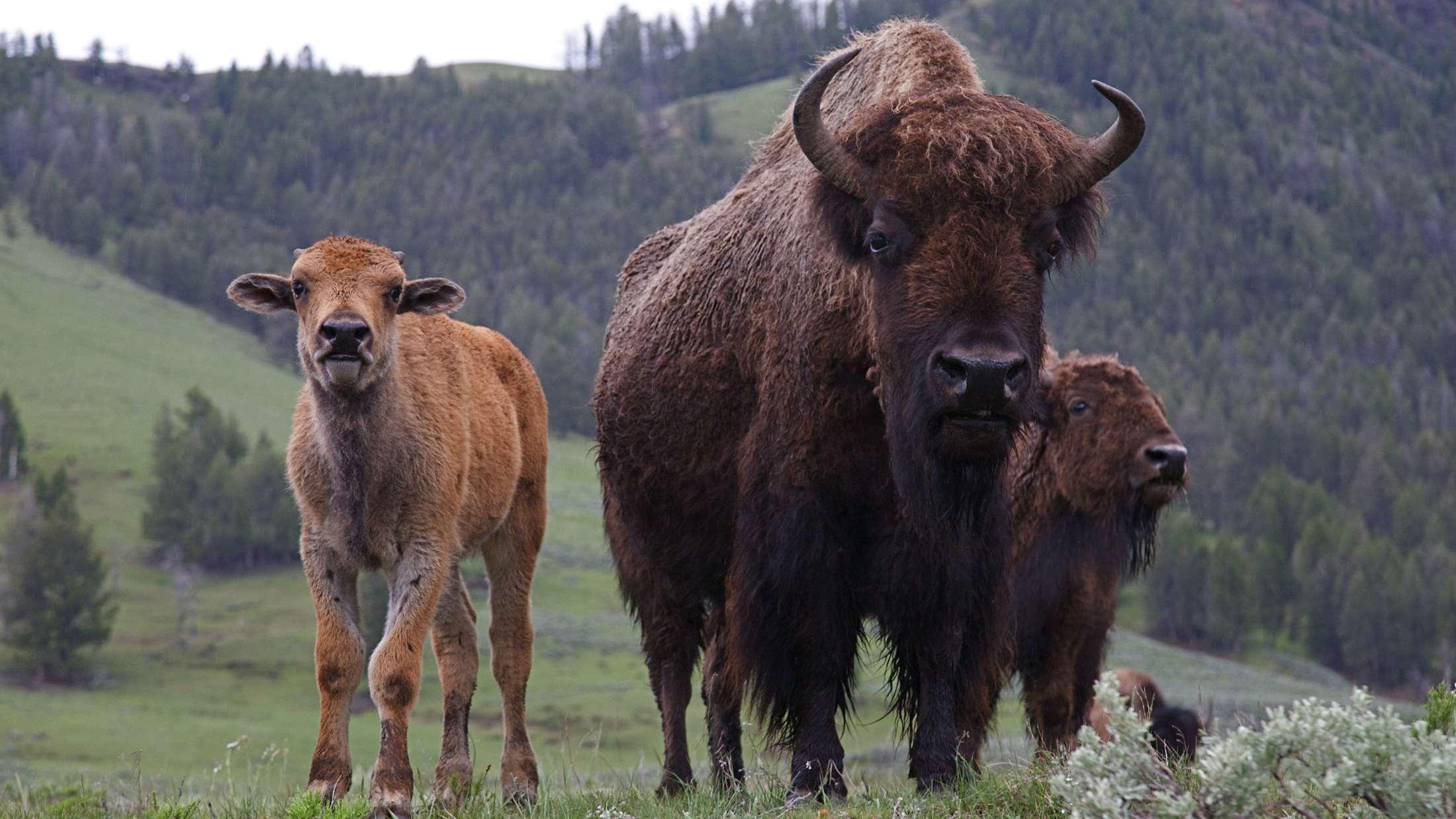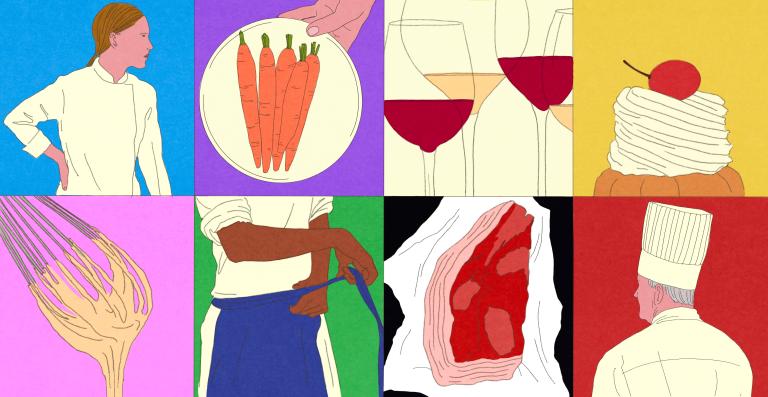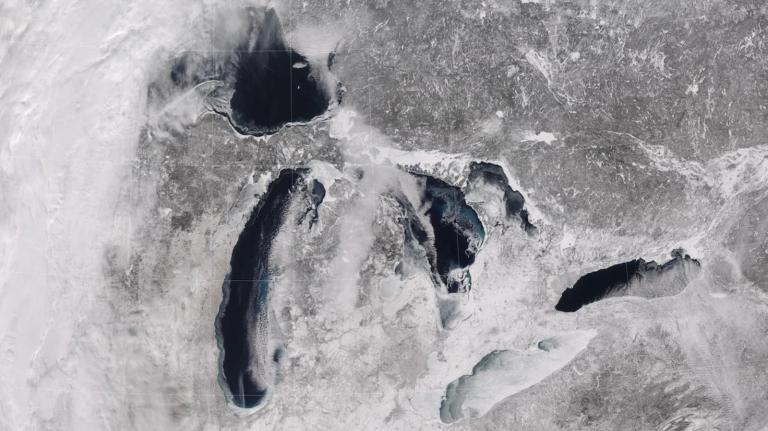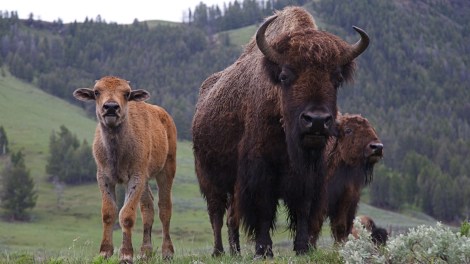
ShutterstockDon’t shoot!
Most of the country’s bison herds have crossbred with domestic cattle, but one purebred herd still roams in Yellowstone National Park. About half of the park’s 4,600 purebred bison are thought to have been exposed to brucellosis, a bacterial infection that also affects cattle.
Nearby ranchers want the wild beasts inoculated against the disease to help protect their cattle herds. Capturing the bison and administering vaccines is out of the question. Because they’re wild. Is shooting medicine into each of the animals with an air gun every year the solution?
Ranchers say yes. Environmentalists say no. On Tuesday, following a decade of research and debate, the federal government sided with the environmentalists. Reuters reports:
Park officials said they decided against the remote vaccination program because of its $9 million price tag, questions about its effectiveness and the possible impact on the millions of visitors who flock to the park to view iconic Western wildlife like bison.
The measure would have required shooting the animals once a year for three decades, raising questions about how increased human interaction could affect bison within the wild herd.
“We have concerns about how that repeated contact might impact bison behavior and their visibility to park visitors,” said Yellowstone spokesman Al Nash.
The Buffalo Field Campaign, which advocates for bison, cheered the ruling. “We don’t vaccinate skunks against rabies or mosquitoes against West Nile virus,” a spokesperson told Reuters.
